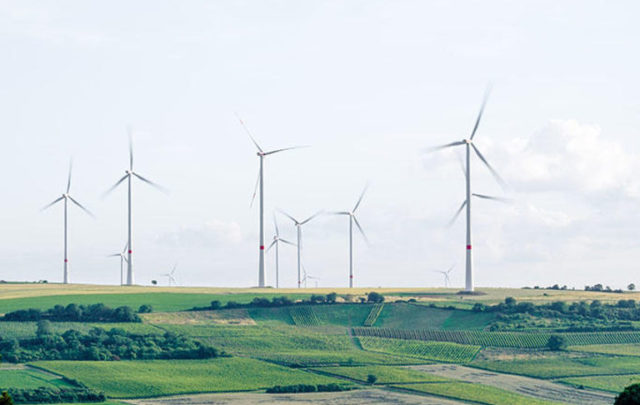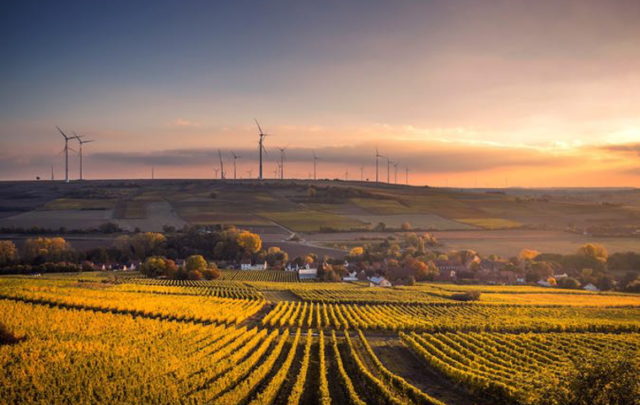Born in Germany and having grown up in Thailand, Korea, and Greece, Wolfgang Hoeschele pursued his higher education in the US, culminating in a doctorate in geography at Pennsylvania State University. He then taught geography at Truman State University in Missouri from 1998 until 2014. His research at first focused on land degradation in the state of Kerala in southern India, but subsequently turned to a critique of an economics that finds value only in scarce commodities, because only those are profitable. Instead, he promotes an economics of abundance, that seeks to ensure that all people, regardless of their backgrounds, now and in the future, are enabled to live well. These ideas are explained in his book (The Economics of Abundance: A Political Economy of Freedom, Equity, and Sustainability, Gower in 2010). Some of the key features of an abundant economy consist of shared ownership of important resources and assets, and increased self-reliance at household and community levels. In fact, virtually all the ideas promoted on shareable.net would form part of an economy of abundance.
Wolfgang Hoeschele now lives in Heidelberg, Germany, focusing his efforts on a systemic analysis of the faults in the economic system that prevent us from living sustainably and abundantly, and on promoting ways to fix those systems faults.



